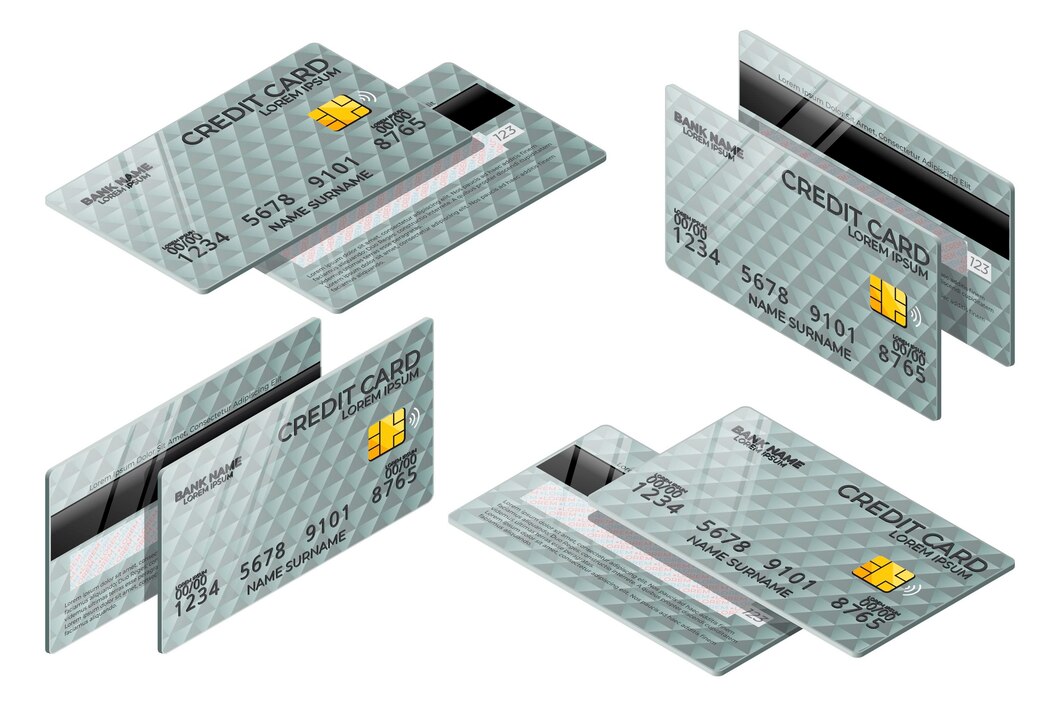Credit cFreeards have become an essential financial tool, offering convenience, rewards, and various perks. When choosing a credit card, one of the key decisions to make is whether to opt for a lifetime free credit card or a paid credit card. Each type has its advantages and disadvantages, and understanding these can help you make an informed choice that suits your financial needs and lifestyle.
Get a lifetime free credit card from Airtel today! Apply from the Airtel Thanks app and get the Airtel Axis Bank Credit Card from Airtel Finance with low joining fees, low interest rates, relaxed eligibility criteria and much more.
Understanding Lifetime Free Credit Cards
Lifetime free credit cards, as the name suggests, come without any annual fees. This makes them an attractive option for those who want to avoid recurring costs. These cards typically offer basic benefits such as reward points, cash back on purchases, and other standard features. However, they may lack the premium perks and higher reward rates that often come with paid credit cards.
Advantages of Lifetime Free Credit Cards
One of the main advantages of lifetime free credit cards is cost savings. Since there are no annual fees, you can use the card without worrying about recurring charges eating into your budget. This is especially beneficial for infrequent users who might not spend enough to justify paying an annual fee.
Lifetime free credit cards are also ideal for building or maintaining a credit history. They provide an opportunity to demonstrate responsible credit usage without the pressure of annual fees. Additionally, these cards often have lower eligibility criteria, making them accessible to a broader range of consumers.
Read more: 5 ways to make the most of your credit card
Disadvantages of Lifetime Free Credit Cards
On the downside, lifetime free credit cards usually offer fewer rewards and benefits compared to paid cards. The reward rates might be lower, and there may be fewer opportunities for earning bonus points. Additionally, the perks such as travel insurance, concierge services, and access to airport lounges are typically not available with these cards.
Another potential drawback is the lower credit limit that often accompanies lifetime free credit cards. This can be restrictive for users who need a higher spending capacity. Moreover, some lifetime free cards might have higher interest rates on outstanding balances, which can be costly if you carry a balance from month to month.
Understanding Paid Credit Cards
Paid credit cards, also known as premium credit cards, come with an annual fee but offer a host of enhanced benefits and rewards. These cards are designed for consumers who are willing to pay a fee in exchange for greater perks and higher reward rates.
Advantages of Paid Credit Cards
Paid credit cards often provide superior rewards programs. Cardholders can earn higher points or cash back on purchases, especially in categories like travel, dining, and shopping. Many paid cards offer sign-up bonuses, which can be substantial and quickly offset the annual fee if used effectively.
In addition to rewards, paid credit cards come with premium benefits. These can include travel insurance, purchase protection, extended warranties, and access to exclusive events. Many paid cards also offer complimentary access to airport lounges, concierge services, and discounts on travel and entertainment, making them highly attractive to frequent travellers and high spenders.
Another significant advantage is the higher credit limit typically associated with paid credit cards. This can be beneficial for managing larger expenses and maintaining a lower credit utilisation ratio, which positively impacts your credit score.
Read more: Features and benefits of Axis Bank Credit Cards
Disadvantages of Paid Credit Cards
The primary disadvantage of paid credit cards is the annual fee. These fees can range from moderate to quite high, depending on the card and its benefits. For consumers who do not use the card frequently or do not take full advantage of the offered perks, the annual fee may outweigh the benefits.
Paid credit cards may also have stricter eligibility criteria, including higher income requirements and better credit scores. This can make them inaccessible to some consumers. Additionally, while the rewards and benefits are appealing, they may encourage overspending, which can lead to debt if not managed carefully.
FAQs
Q: Can I upgrade from a lifetime free credit card to a paid credit card?
A: Yes, many banks allow you to upgrade from a lifetime free card to a paid card. Contact your card issuer to inquire about the process and any potential benefits of upgrading.
Q: Do paid credit cards offer better fraud protection?
A: Both lifetime free and paid credit cards typically offer robust fraud protection. However, paid cards may include additional security features and enhanced customer service for fraud resolution.
Q: Are there any hidden fees associated with lifetime free credit cards?
A: While lifetime free credit cards do not have annual fees, they may have other fees, such as late payment fees, cash advance fees, and foreign transaction fees. It’s important to review the card’s terms and conditions to understand all potential costs.
Q: Can I switch from a paid credit card to a lifetime free credit card?
A: Yes, you can usually switch from a paid card to a lifetime free card with the same issuer. Contact your card issuer to discuss your options and any potential impact on your credit score.
In conclusion, both lifetime free credit cards and paid credit cards have their own set of advantages and disadvantages. Your choice should be based on your individual financial situation, spending habits, and the value you place on rewards and perks. By carefully evaluating these factors, you can select the credit card that best meets your needs and enhances your financial well-being.


 Get App
Get App  Airtel Store
Airtel Store  Login
Login 



